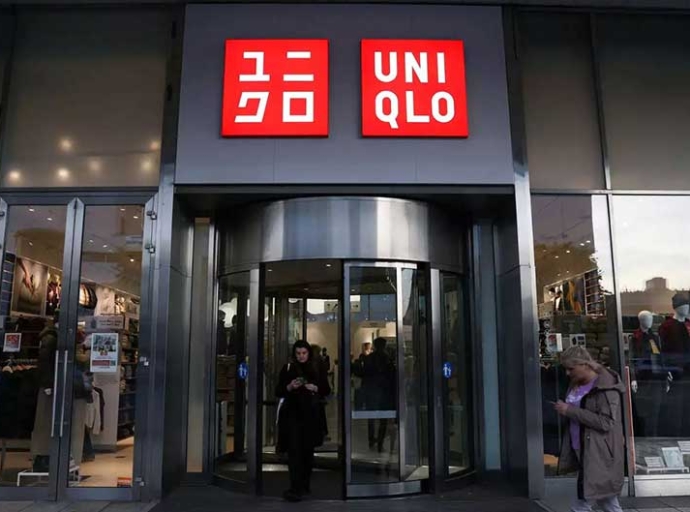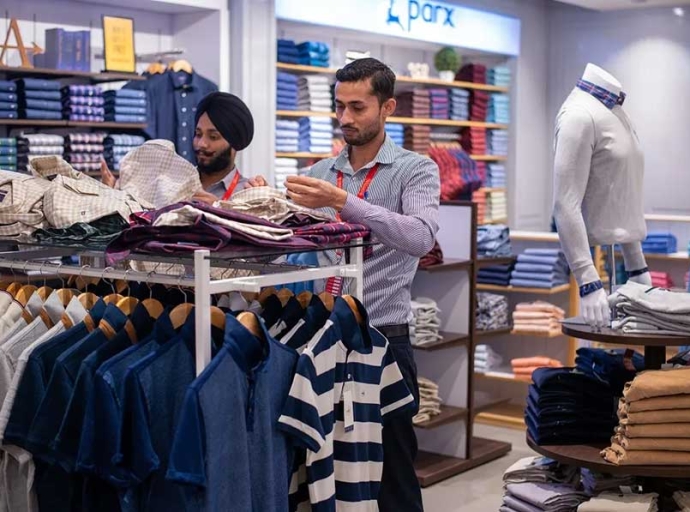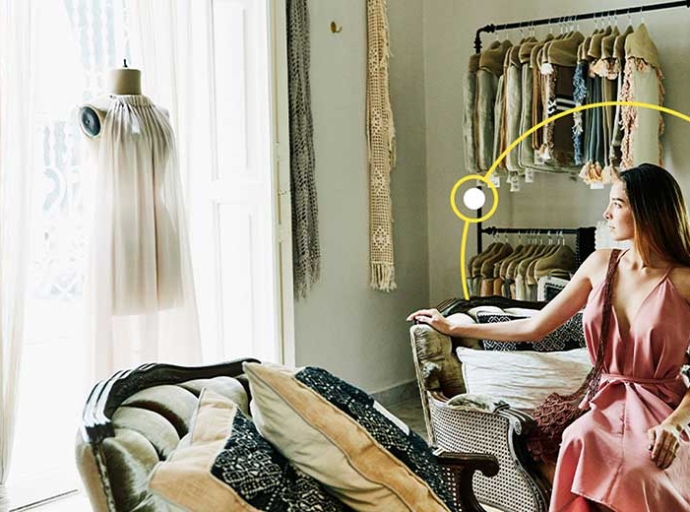-Z_large.jpg)
28 December 2021, Mumbai:
Key Takeaways:
- In Abloh, the luxury industry lost a unique mover and shaker, and I am sure that his legacy will shape LVMH and Mercedes for years to come.
- Since the pandemic started, research at Équité indicates that the importance of sustainability for consumer decisions has never been more pronounced.
- Next year, consumers will increasingly expect brand interactions to deliver branded and immersive luxury experiences.
The year 2021 was a crucial one for the luxury industry. It was one of change and disruption when some brands rose to the challenge while others fell further behind. Now, like every year, is when I like to reflect on luxury’s critical moments of the past year.
One of the saddest moments was the passing of Virgil Abloh. Over the last decade, Abloh became one of luxury’s most influential figures. The label he founded, Off-White, was skyrocketing, underlining how when creative talent fuses with the ability to influence and innovate, a brand can shape an entire industry in just a few years.
Off-White was instrumental in making sneakers iconic fashion accessories while accelerating the acceptance of the streetwear aesthetic in luxury fashion.
His appointment as artistic director at Louis Vuitton underlined his exceptional talent. Soon after, his increasingly expanding role within the LVMH group across various Maisons showed how important creative vision and influential talent are for brands that want to create extreme value.
After his passing, Mercedes-Benz unveiled the Project Maybach, which he co-designed alongside Gorden Wagoner — a stunning preview of where the German brand may be heading.
In Abloh, the luxury industry lost a unique mover and shaker, and I am sure that his legacy will shape LVMH and Mercedes for years to come.
This year, an area that also became increasingly critical to the success of brands is sustainability.
Since the pandemic started, research at Équité indicates that the importance of sustainability for consumer decisions has never been more pronounced. Affluent young women in China and Japan, in particular, have shown significant changes in expectations toward brands when it comes to responsible sourcing, social responsibility, traceability, and the use of clean ingredients.
Gen Z’s influence on brands to be significantly more sustainable for the first time also has had implications on brand preferences and the willingness to pay. This change is being felt across all aspects of the luxury value chain.
Italy announced a nationwide ban on fur farming, marking an acceleration of the end of fur use. More regulations are sure to come worldwide, and luxury brands must be proactive as changemakers — not followers — otherwise, it will be too late for them.
The luxury segment that has undergone the most radical shift is the car industry, with countries like France and the UK promising to phase out gasoline cars starting at the beginning of the next decade. And traditional carmakers are struggling to catch up with the pure electric players.
Market valuations of Tesla, Rivian, Lucid, Nio, and Fisker show that investors believe these new born-electric brands will lead the charge more than the incumbents.
The current top premium and luxury car brands will have to prove to their customers that they will be relevant in the future — but they can only do so with innovation and inspiration, not as followers. The new luxury game requires a different mindset: one that embraces disruption, leads change, and plays to win.
And change is touching every industry. The fashion and leather goods industry is embracing digital wearables, and brands like Louis Vuitton have pivoted into categories like loudspeakers, thanks to the power of their brand. Its $4,000 horizon light-up speaker takes portable audio to price points that incumbents like Bang & Olufsen, Bowers & Wilkens, or Naim never dared to go.
But they do it in a disruptive way by focusing on fashion. The Louis Vuitton Speaker Trunk PM, retailing at $7,600, goes even further and combines the house’s most iconic design with technology at price points never before seen in portable audio.
The questions are: Why did incumbent brands never dare to fuse fashion with technology? And why did they leave this segment to new players in the field?
JING DAILY (The news article has not been edited by DFU Publications staff)
Dear Reader, we at DFU Publications are committed to providing the latest news updates on trade development and insights, to keep our readers informed. Stay tuned. Subscribe to our newsletter.
DAILY NEWS:
Latest Publications


































